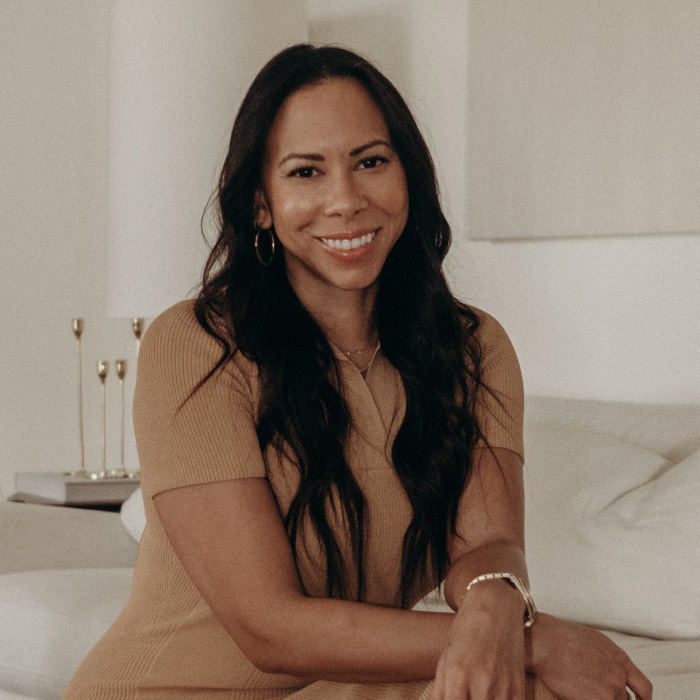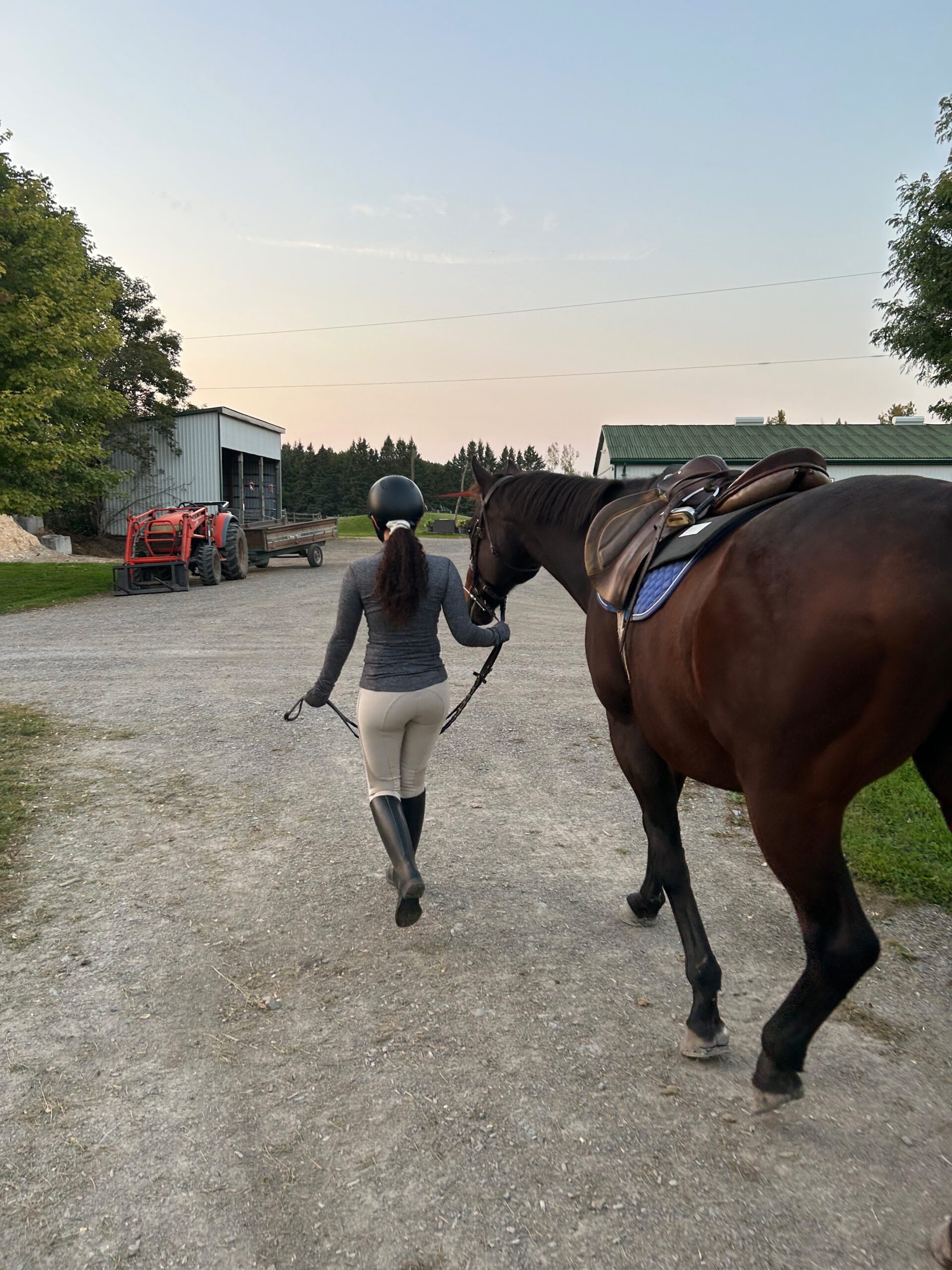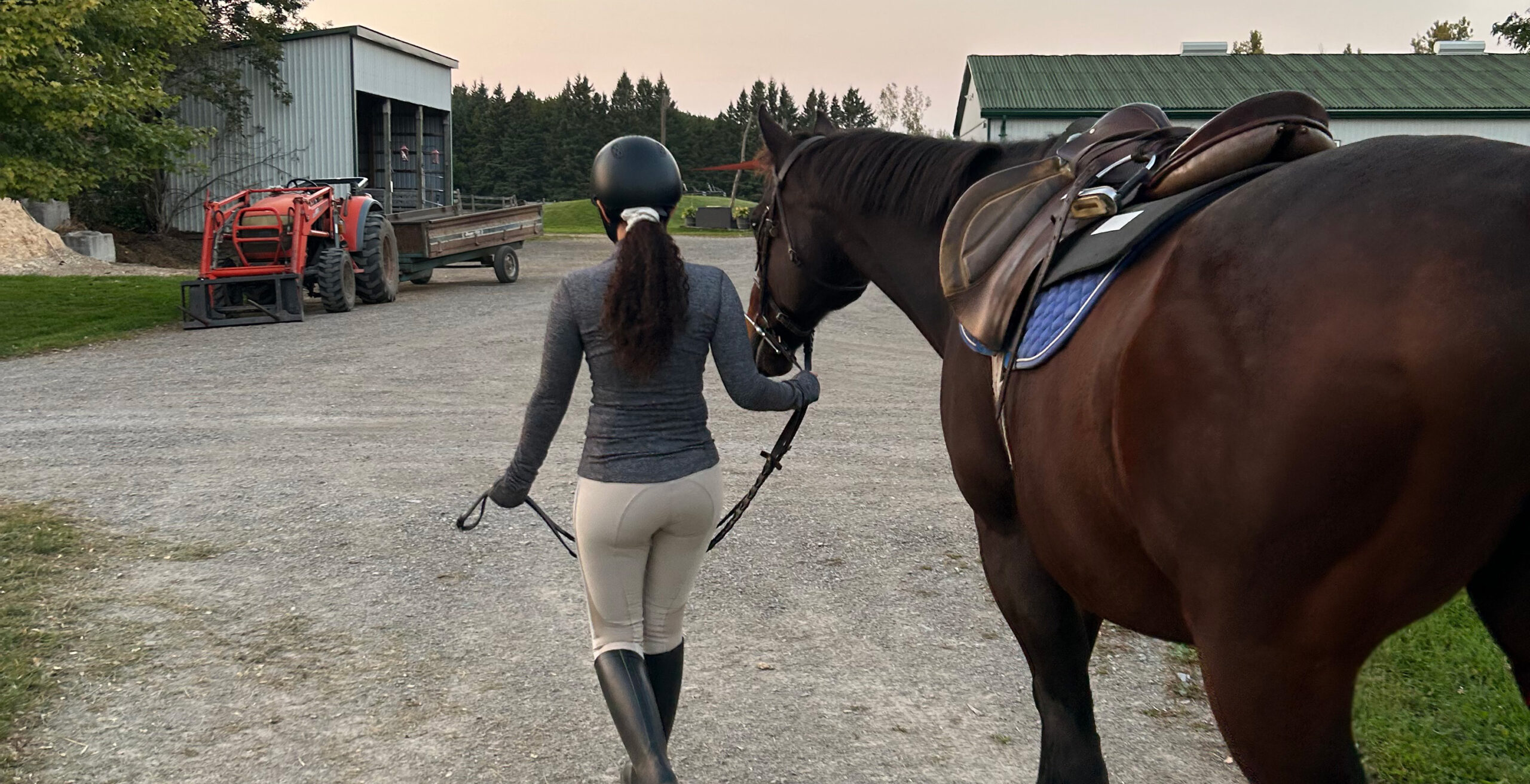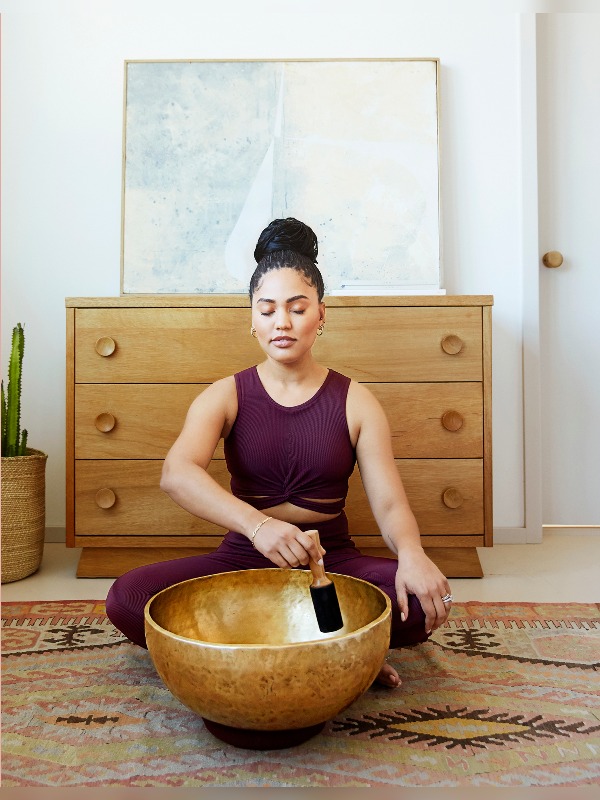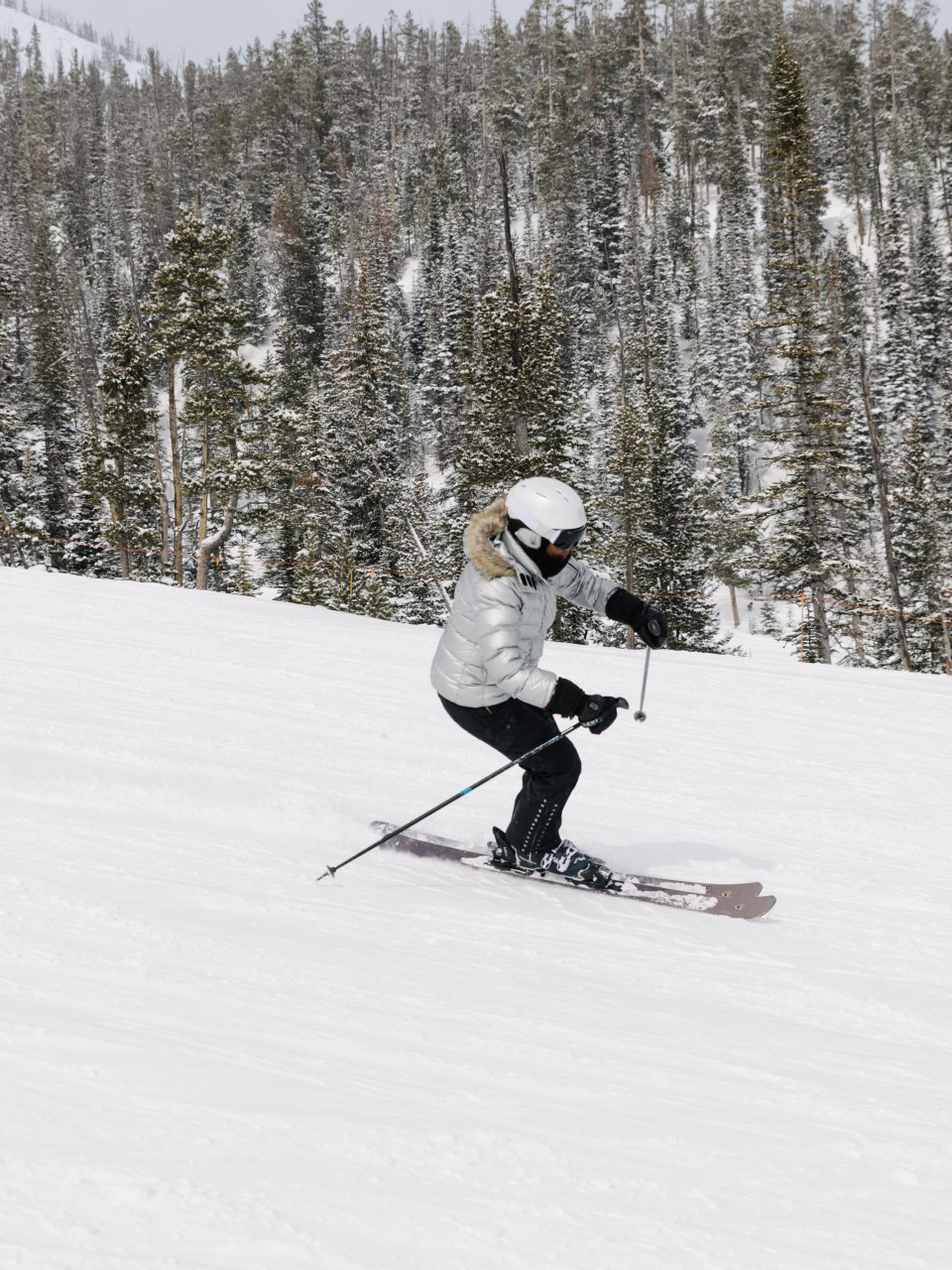Growing up in a segregated community in Hartford, Connecticut, former U.S. marine and Cowgirl Hall of Fame honoree Patricia E. Kelly connected with an unlikely acquaintance who would spark her lifelong love for horses.
“My parents bought a house next to a Jewish grocer, who had a horse and a wagon,” Kelly tells Sweet July. “This particular man became my only friend in this neighborhood. It was Mr. Fisher who sparked that horse bug in me.” At 8 years old, she first mounted a horse and was taught to ride, groom and handle it.
Little did she know a love for horses was in her blood. That revelation came much later, in her late thirties, when Kelly discovered her father had been a jockey and had a natural affinity for horses, having cared for them on a plantation as a sharecropper.
Though she never wavered from her early passion for horses, Kelly’s initial professional aspirations were far removed from equine endeavors. She considered various careers, such as becoming an attorney or nurse, and above all, was determined to defy the status quo in the mid 1960s, when it was solely expected for Black girls to get married and start a family. She ultimately chose to join the Marine Corps to help pay for a college education.
But her deeper calling to work with horses was always lingering. In a desperate desire to find peace and purpose after going through a difficult divorce and navigating the demands of single motherhood, Kelly found comfort in horseback riding.
Recognizing these therapeutic benefits, Kelly was inspired to share this experience with other women in similar circumstances. That was the impetus for Ebony Horsewomen, an urban riding center in Hartford aimed at providing equine-assisted psychotherapy and therapeutic riding.
Equine therapy, also known as equine-assisted therapy, offers a range of benefits for individuals facing emotional, psychological and physical challenges. This therapeutic approach leverages the bond between humans and horses to promote healing and reduce anxiety and depression, according to multiple studies.
Kelly first opened up Ebony Horsewomen in 1984, and it’s been a solace for people seeking empowerment and camaraderie through horses ever since. “We all have a purpose in life and this was mine,” says Kelly. “I know for a fact that this is what God etched out for me to do.”

As a trailblazing Black cowgirl, Kelly has made significant strides in the equestrian world, where Black riders have historically been underrepresented despite their rich history in the American West. Socio-economic barriers limiting access to horses, training and competition opportunities persist, but Kelly is determined to overcome them. She credits her experience in the Marine Corps with helping her become a pioneering advocate for Black horse riders.
“I had some experiences in the Marine Corps that set things straight in my mind and made me buck up,” says Kelly. “The apprehension of life went away.”
Kelly’s work has garnered numerous accolades, including the CNN Hero award, an induction into the National Cowgirl Museum and Hall of Fame, and recognition from the White House for her impactful community service.
One transformative moment for the future of Ebony Horsewomen came when Kelly realized the impact horses could also have on the youth in her community. While riding in Hartford’s Keney Park, a predominantly Black neighborhood, a group of young boys expressed astonishment upon seeing real horses for the first time.
The interaction revealed a stark disconnect between urban youth and nature. Recognizing this lack of access, Kelly and her team began bringing horses to housing projects throughout Hartford, Connecticut, making equine therapy accessible to children who had never encountered horses before.
“Our children are exposed to or involved in things that make them grow up faster than children in other cultures,” says Kelly. She found that therapeutic riding and other forms of equine-assisted psychotherapy could be a healthy channel for processing the hardships of inner-city life.
This outreach effort quickly evolved into a structured program emphasizing youth mentorship and personal development. By 1986, just two years after its inception, Kelly’s non-profit expanded its mission to include kids in its transformative work, establishing its base on 693 acres of land in Keney Park, which remains the organization’s home.
Kelly has consistently emphasized the importance of culturally competent equine-assisted psychotherapy for clients of color. She and her staff of seven therapists are continuing to advocate for this practice by training therapists, collaborating with colleges and spreading the word about this unique healing process. The valuable life skills extend far beyond the stables.



